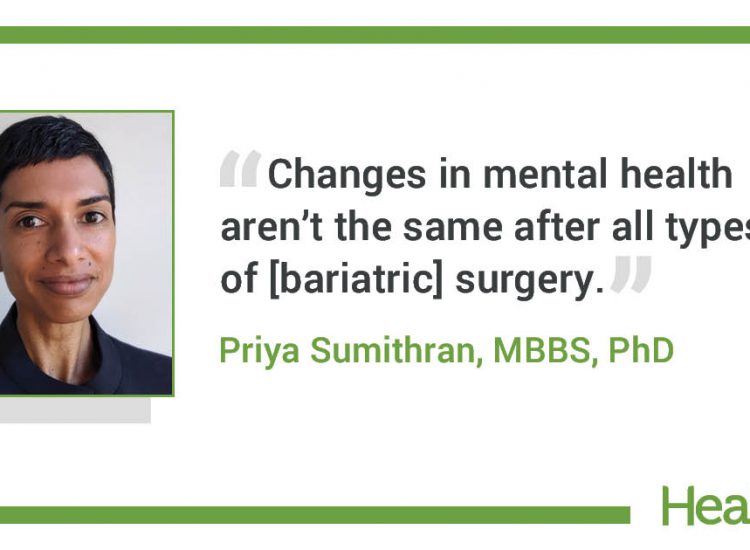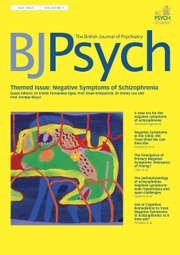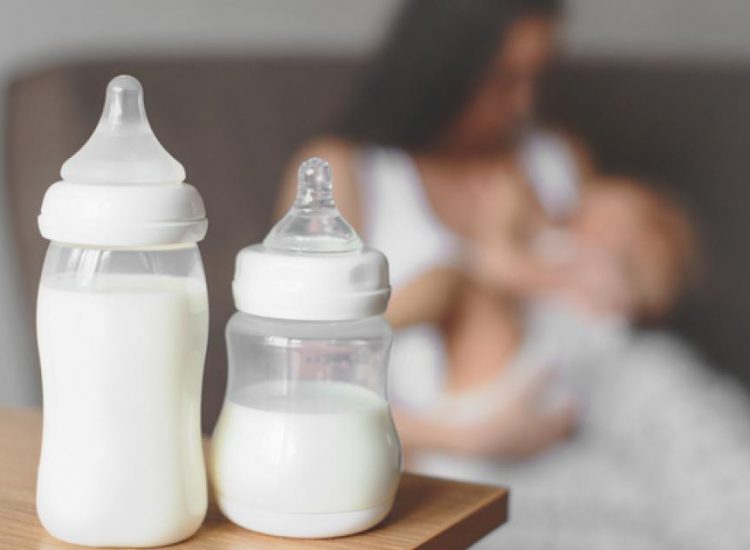Abstract: A brand new research reveals the elevated danger of preterm start in infants when each dad and mom have psychiatric diagnoses. The analysis analyzed information on all reside births in Sweden between 1997 and 2016.
The research discovered a major development in the direction of earlier gestational age in offspring of oldsters with psychiatric problems. Additional, this danger was amplified when each dad and mom had a analysis, thereby stressing the significance of contemplating each dad and mom’ psychiatric histories.
Key Information:
Preterm start danger will increase in infants when each dad and mom have psychiatric diagnoses. The research noticed that if each dad and mom had a analysis, 8.3% of births had been preterm. The chance of preterm start was additional elevated for fogeys (each moms and dads) with a number of co-existing psychiatric problems.
Supply: PLOS
Fathers’ in addition to moms’ psychiatric historical past is related to preterm start, in line with a research revealed July twentieth within the open entry journal PLOS Drugs.
The analysis exhibits for the primary time that the chance of preterm start is greater in infants whose fathers or moms have psychiatric diagnoses, in contrast with those that don’t, and the place each dad and mom have diagnoses, the chance is elevated once more.
Future research ought to study whether or not extra social assist and prenatal look after households with a constructive psychiatric historical past may have an effect on gestational age. Credit score: Neuroscience Information
Preterm start is related to detrimental well being penalties for infants. Girls with psychiatric diagnoses are at elevated danger of preterm start, however much less is thought in regards to the danger in offspring of fathers with psychiatric diagnoses and for {couples} the place each dad and mom had psychiatric diagnoses.
Weiyao Yin and colleagues from the Karolinska Institutet analyzed information on all reside births to Nordic dad and mom in Sweden between 1997 and 2016. They obtained psychiatric diagnoses from the Nationwide Affected person Register and information on gestational age from the Medical Start Register.
There have been 1.5 million births within the cohort, of which 15% had been born to folks with a analysis. The staff noticed a development in the direction of earlier gestational age in offspring of oldsters with psychiatric problems.
For fogeys and not using a analysis, 5.8% of infants had been born preterm. A paternal analysis elevated the chance to six.3% of births and a maternal analysis elevated the chance to 7.3% of births. Nevertheless, the place each dad and mom had a analysis, the chance of preterm start was biggest, affecting 8.3% of births.
The researchers additionally discovered that the chance was additional elevated for fogeys – moms in addition to fathers – with a number of co-existing psychiatric problems.
Future research ought to study whether or not extra social assist and prenatal look after households with a constructive psychiatric historical past may have an effect on gestational age.
Yin provides, “Youngsters of oldsters with psychological sickness are at elevated danger of being born too early – each the moms’ and fathers’ are vital.”
About this psychological well being analysis information
Writer: Claire Turner
Supply: PLOS
Contact: Claire Turner – PLOS
Picture: The picture is credited to Neuroscience Information
Unique Analysis: Open entry.
“Paternal and maternal psychiatric historical past and danger of preterm and early time period start: A nationwide research utilizing Swedish registers” by Weiyao Yin et al. PLOS Drugs
Summary
Paternal and maternal psychiatric historical past and danger of preterm and early time period start: A nationwide research utilizing Swedish registers
Background
Girls with psychiatric diagnoses are at elevated danger of preterm start (PTB), with potential life-long impression on offspring well being. Much less is thought in regards to the danger of PTB in offspring of fathers with psychiatric diagnoses, and for {couples} the place each dad and mom had been identified. In a nationwide start cohort, we examined the affiliation between psychiatric historical past in fathers, moms, and each dad and mom and gestational age.
Strategies and findings
We included all infants live-born to Nordic dad and mom in 1997 to 2016 in Sweden. Psychiatric diagnoses had been obtained from the Nationwide Affected person Register. Knowledge on gestational age had been retrieved from the Medical Start Register. Associations between parental psychiatric historical past and PTB had been quantified by relative danger (RR) and two-sided 95% confidence intervals (CIs) from log-binomial regressions, by psychiatric problems total and by diagnostic classes. We prolonged the evaluation past PTB by calculating dangers over the entire distribution of gestational age, together with “early time period” (37 to 38 weeks).
Among the many 1,488,920 infants born all through the research interval, 1,268,507 had been born to folks and not using a psychiatric analysis, of whom 73,094 (5.8%) had been born preterm. 4,597 of 73,500 (6.3%) infants had been born preterm to fathers with a psychiatric analysis, 8,917 of 122,611 (7.3%) infants had been born preterm to moms with a pscyhiatric analysis, and a pair of,026 of 24,302 (8.3%) infants had been born preterm to each dad and mom with a pscyhiatric analysis. We noticed a shift towardsearlier gestational age in offspring of oldsters with psychiatric historical past.
The dangers of PTB related to paternal and maternal psychiatric diagnoses had been related for various psychiatric problems. The dangers for PTB had been estimated at RR 1.12 (95% CI [1.08, 1.15] p < 0.001) for paternal diagnoses, at RR 1.31 (95% CI [1.28, 1.34] p < 0.001) for maternal diagnoses, and at RR 1.52 (95% CI [1.46, 1.59] p < 0.001) when each dad and mom had been identified with any psychiatric dysfunction, in comparison with when neither mother or father had a psychiatric analysis. Stress-related problems had been related to the very best dangers of PTB with corresponding RRs estimated at 1.23 (95% CI [1.16, 1.31] p < 0.001) for a psychiatry historical past in fathers, at 1.47 (95% CI [1.42, 1.53] p < 0.001) for moms, and at 1.90 (95% CI [1.64, 2.20] p < 0.001) for each dad and mom. The dangers for early time period had been just like PTB. Co-occurring diagnoses from totally different diagnostic classes elevated danger; for fathers: RR 1.10 (95% CI [1.07, 1.13] p < 0.001), 1.15 (95% CI [1.09, 1.21] p < 0.001), and 1.33 (95% CI [1.23, 1.43] p < 0.001), for diagnoses in 1, 2, and ≥3 classes; for moms: RR 1.25 (95% CI [1.22, 1.28] p < 0.001), 1.39 (95% CI [1.34, 1.44] p < 0.001) and 1.65 (95% CI [1.56, 1.74] p < 0.001). Regardless of the massive pattern measurement, statistical precision was restricted in subgroups, primarily the place each dad and mom had particular psychiatric subtypes. Pathophysiology and genetics underlying totally different psychiatric diagnoses may be heterogeneous. Conclusions Paternal and maternal psychiatric historical past had been related to a shift to earlier gestational age and elevated danger of births earlier than full time period. The chance constantly elevated when fathers had a constructive historical past of various psychiatric problems, elevated additional when moms had been identified and was highest when each dad and mom had been identified.















